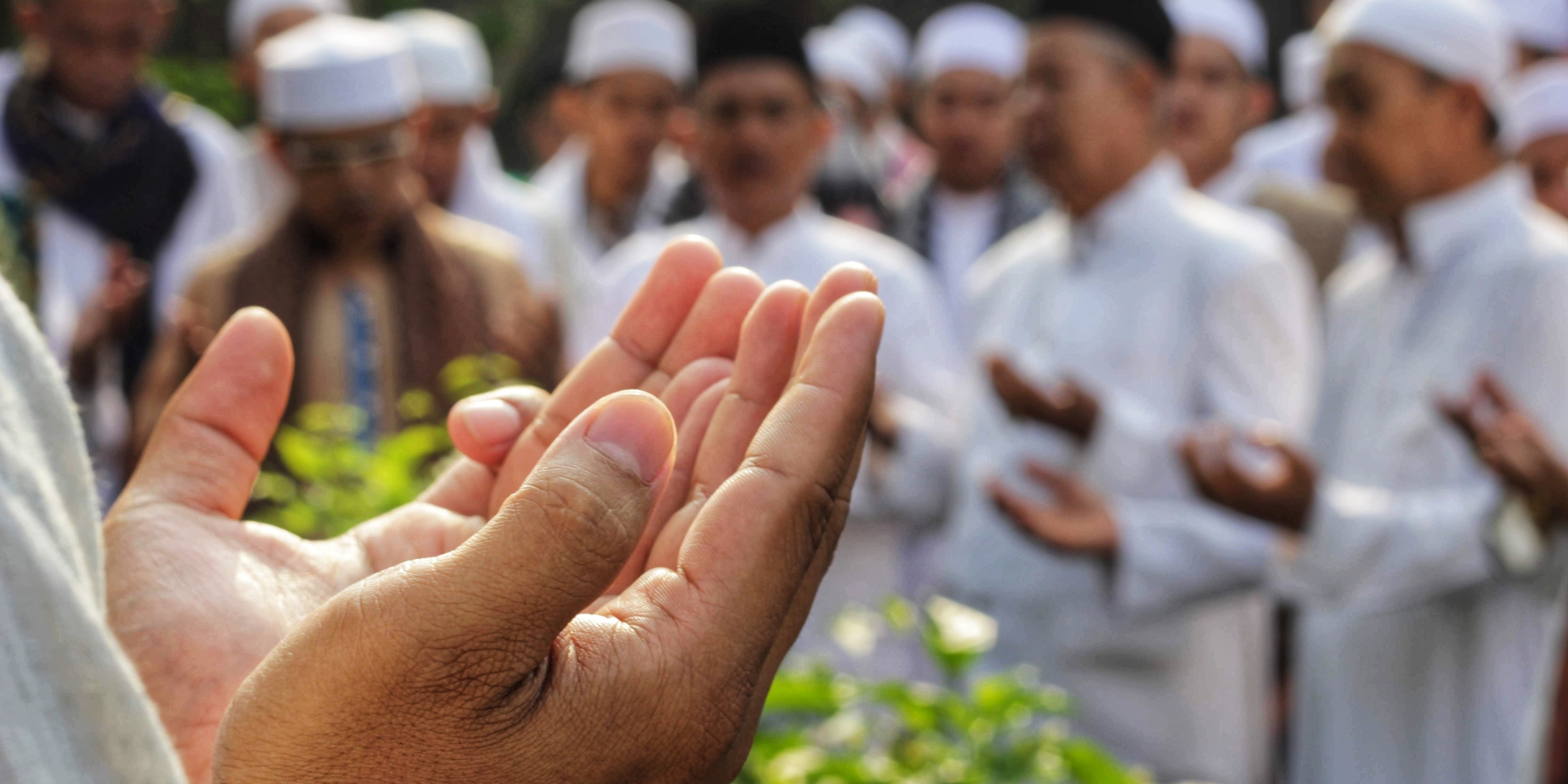A modern revival of waqf for funeral support
In 16th-century Cairo, waqf deeds quietly sustained entire communities. They paid for schools, hospitals, burial shrouds, soup kitchens, and inns for travelers.
A waqf, by definition, is an Islamic endowment locked in perpetuity for the public good. It wasn’t reserved for the wealthy. Middle-class families, artisans, and widows gave what they could to serve the living and the dead.
Today, that tradition feels like a thing of the past. But its spirit is deeply needed, perhaps now more so than ever, especially as many families struggle with the cost of dying.
In Egypt, families can spend over a month’s salary on burial expenses. In Jordan, funeral costs often exceed six weeks’ wages for the average household. In Morocco, the death of a family breadwinner can wipe out savings, forcing families to borrow or seek help.
The emotional weight of losing a loved one is heavy enough. But the added financial burden can turn grief into crisis.
This raises an important point: What if we cared for death like we once cared for life? Together.
A tradition that sustained communities
Waqf systems were more than charity. They were the building blocks of the community and its infrastructure.
In Ottoman Istanbul, waqf-funded kitchens fed thousands. In Mughal India, endowments supported schools, shelters, and funeral arrangements. Many included burial expenses, covering shrouds and services.
This reflected a core Islamic value. The janazah prayer is a fard kifayah, a communal obligation. If no one fulfills it, the whole community is accountable. Prophet Muhammad ﷺ encouraged easing each other’s burdens in times of illness, loss, and poverty.
But today, families live far apart. Support networks are usually non-existent or stretched past their breaking point. What was once instinctive must now be rebuilt with intent and new tools.
Where tech and tradition meet
Today, the idea of waqf is being quietly digitized. In Indonesia, platforms like Waqf World let users create micro-endowments online, pooling small contributions to support education, housing, and funeral care.
In Saudi Arabia, the General Authority for Awqaf has launched a national platform to set up and manage waqf contributions transparently.
These are small steps, but they show how Islamic economic values can evolve without losing their essence.
Still, funeral care is often missing from modern financial systems. Even where takaful exists, it doesn’t always reach lower-income or cross-border Muslim communities.
This is where mutual protection models are quietly gaining ground.
The role of tabarru’-based funds
A tabarru’ model is built on voluntary contributions. Members give to support one another, with no expectation of return. These pooled funds are used for agreed-upon purposes like funeral support, family relief, and debt clearance.
Islamic cooperatives already use this model in Malaysia and Indonesia. In Turkiye, blockchain tools are being explored to better track waqf and zakat flows.
Not all these systems are called waqf. But they carry its spirit, shared care, mutual support, and non-profit intent.
A quiet revival in motion
What’s needed isn’t just financial coverage. It’s a mindset shift. A way to re-normalize end-of-life planning, not out of personal fear, but as a communal responsibility, rooted in dignity and care.
The LifeDAO (TLD), for example, recently launched its Life Protection Benefit, a global mutual fund where members contribute to protect one another. If a member passes away, the fund supports their loved ones.
Built as a decentralized, member-governed system, the fund, while not a waqf in name, reflects the same principles.
It reminds us that care at the end of life doesn’t need to be commercialized. It can be collective.
Reclaiming what we never lost
Islamic finance is often defined by rules. But behind the rules is a spirit that encourages mercy, fairness, and communal care. Waqf is one of the clearest expressions of that spirit.
The challenge now is to make what once worked work again. That means building systems that are borderless but grounded, digital but human, accessible yet intentional.
It means creating spaces where the values of our traditions meet the realities of modern life.
At the end of the day, it’s not just about who pays for a funeral. It’s about who shows up when it matters most. And if our ancestors built entire systems of care, we can too.
Sharene Lee is chief operating officer & co-founder of Takadao


Sharene Lee